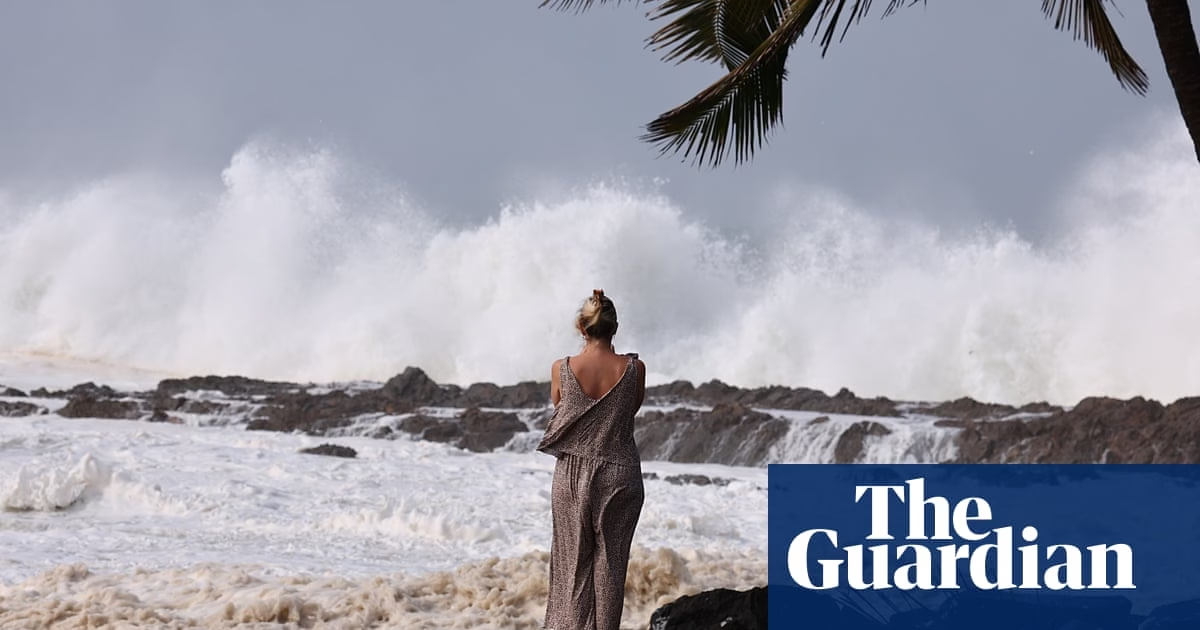Tropical Cyclone Alfred is expected to hit south-east Queensland on Saturday morning, bringing destructive winds, extreme flooding, and storm surges to millions of people around Brisbane, the Gold Coast, and northern New South Wales. As the world’s oceans and land heats up due to the climate crisis, what impact is this having on cyclones and their effects?
Tropical cyclones are complex weather systems, requiring specific ocean temperatures and atmospheric conditions to form. However, studies have shown that global heating is expanding the tropical belt and that cyclones are intensifying and reaching maximum intensity further towards the poles. While climate change is not causing tropical cyclones to form, it is creating a more hostile environment for their development. When cyclones do form, they have more energy available due to warmer sea surface temperatures, leading to more intense systems.
Cyclone Alfred formed in the Coral Sea towards the end of February when sea surface temperatures were nearly 1C hotter than usual. This year was the warmest summer on record in the Coral Sea, and ocean temperatures off Brisbane have been 0.5C to 1C hotter than normal in recent days. As Cyclone Alfred approaches the coast, it is expected to cross as a category one system
Source: https://www.theguardian.com/australia-news/2025/mar/06/is-climate-change-supercharging-tropical-cyclone-alfred-as-it-powers-towards-australia








